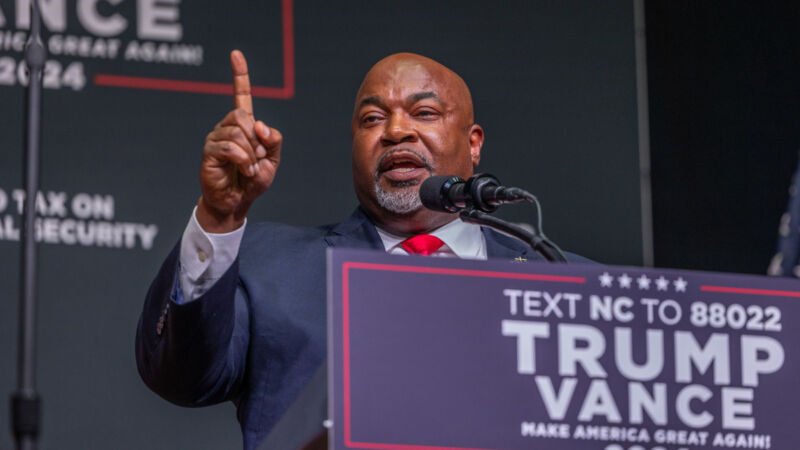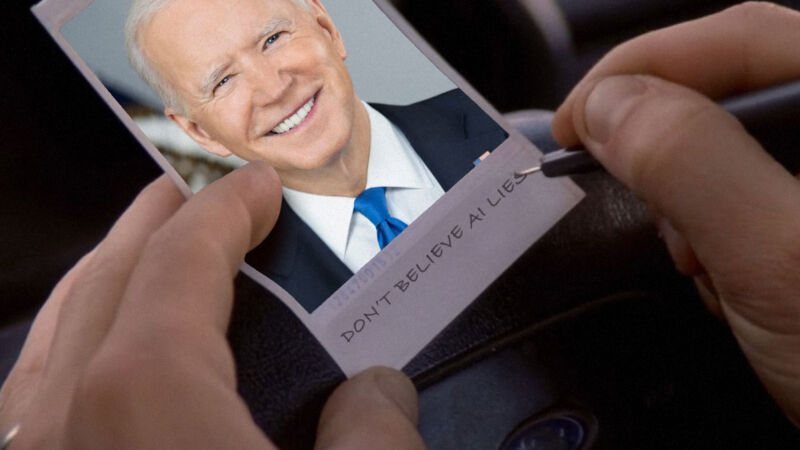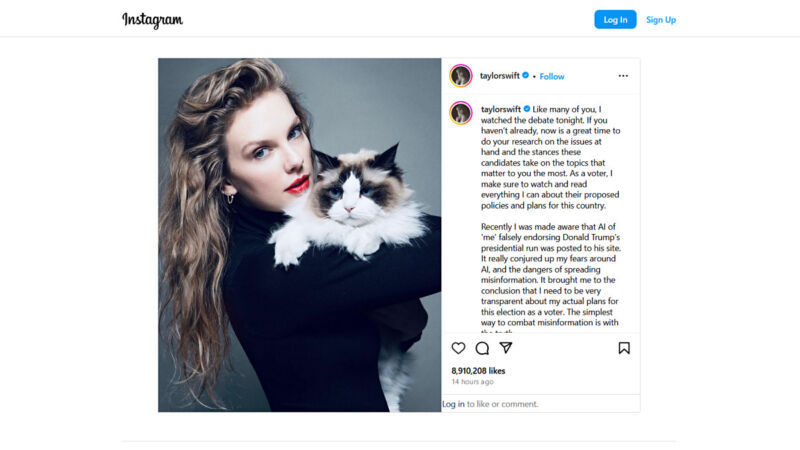NC governor candidate cries AI fabrication as defense for racist porn forum posts

Enlarge / Mark Robinson, lieutenant governor of North Carolina and candidate for governor, delivers remarks prior to Republican presidential nominee former President Donald Trump speaking at a campaign event at Harrah's Cherokee Center on August 14, 2024, in Asheville, North Carolina. (credit: Grant Baldwin via Getty Images)
On Thursday, CNN reported about inflammatory comments made by Mark Robinson, the Republican nominee for governor of North Carolina, on a pornography website's message board over a decade ago. After the allegations emerged, Mark Robinson played on what we call "deep doubt" and denied the comments were his words, claiming they were manufactured by AI.
"Look, I'm not going to get into the minutia about how somebody manufactured these salacious tabloid lies, but I can tell you this: There's been over one million dollars spent on me through AI by a billionaire's son who's bound and determined to destroy me," Robinson told CNN reporter Andrew Kaczynski in a televised interview, referring to an AI-generated political commercial set to air next week. "The things that people can do with the Internet now is incredible. But what I can tell you is this: Again, these are not my words. This is simply tabloid trash being used as a distraction from the substantive issues that the people of this state are facing."
The CNN investigation found that Robinson, currently serving as North Carolina's lieutenant governor, used the username "minisoldr" on a website called "Nude Africa" between 2008 and 2012. CNN identified Robinson as the user by matching biographical details, a shared email address, and profile photos. The comments reportedly included Robinson referring to himself as a "black NAZI!" and expressing support for reinstating slavery, among other controversial comments.

